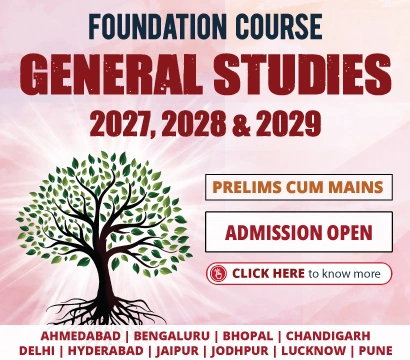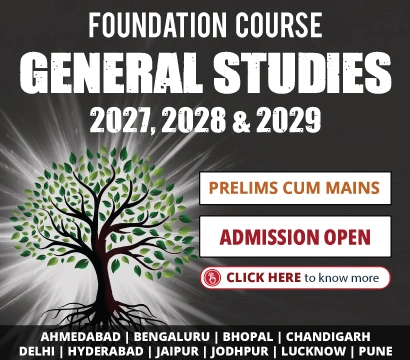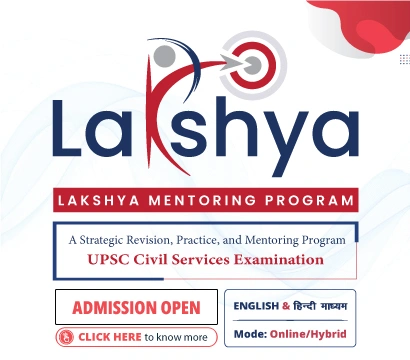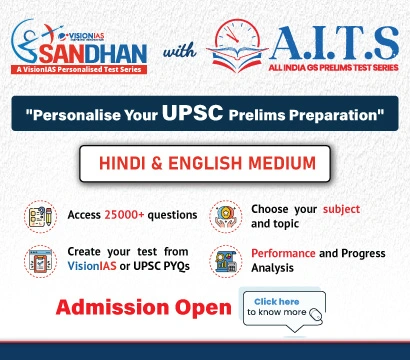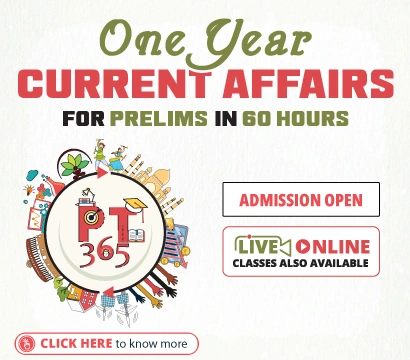Current Affairs
SCO Summit 2025: India’s Bold Stand Against Terrorism Reshapes Regional Diplomacy
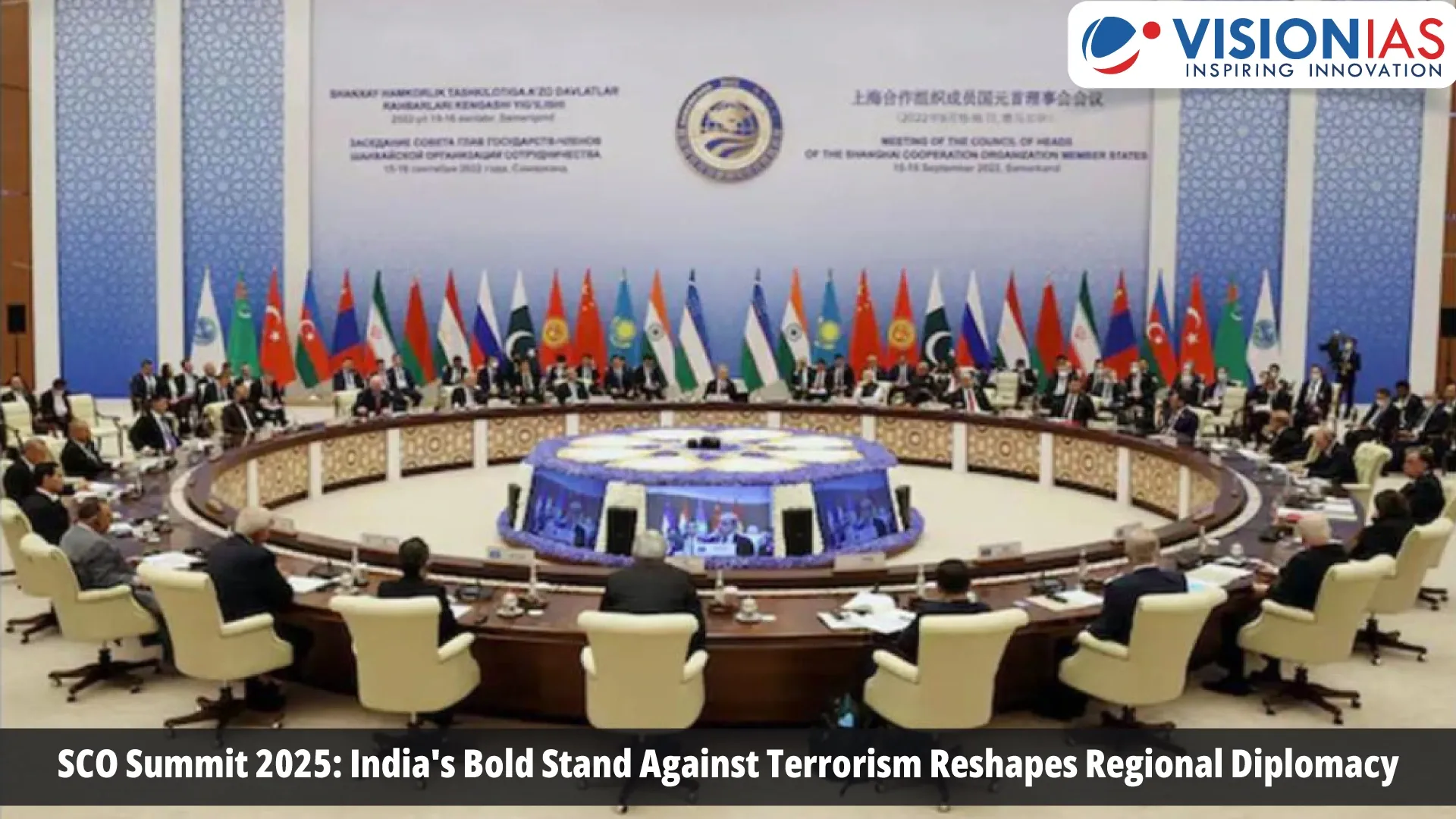
Hon’ble India’s Defence Minister rejection of the joint statement at the SCO summit sent shockwaves across the geopolitical landscape, proving India’s commitment to fighting terrorism.
The SCO summit 2025 witnessed an unprecedented diplomatic moment when India’s Defence Minister refused to sign the joint statement at the Defence Ministers’ meeting in Qingdao, China. The joint statement omitted the mention of Pahalgam terror attack while mentioning about the Jaffar Express hijacking in Pakistan in March. This bold move has sent ripples across the geopolitical landscape, highlighting India’s unwavering stance on terrorism and its commitment to strategic autonomy.
Understanding the Shanghai Cooperation Organisation (SCO)
The Shanghai Cooperation Organisation UPSC aspirants must understand that it is a regional powerhouse that emerged from the “Shanghai Five” mechanism in 1996. The “Shanghai Five” countries consist of China, Russia, Kazakhstan, Kyrgyzstan and Tajikistan.
Officially established in 2001, the SCO has grown into one of the world’s most significant multilateral organisations, covering approximately 80% of the Eurasian landmass and representing 40% of the global population.
The current SCO members include ten full member states: India, China, Russia, Pakistan, Kazakhstan, Kyrgyzstan, Tajikistan, Uzbekistan, Iran, and Belarus. This diverse group of SCO countries operates on a consensus-based decision-making system, where all members must agree for any resolution to pass. This mechanism, while ensuring inclusivity, can also lead to diplomatic deadlocks when national interests clash.
For UPSC preparation, students should note that the organisation’s primary objectives include combating terrorism, extremism, and separatism while promoting economic cooperation and regional stability. The SCO maintains two permanent institutions: the Secretariat in Beijing and the Regional Anti-Terrorist Structure (RATS) in Tashkent, Uzbekistan.
India’s Strategic Calculations
India’s refusal to compromise at the SCO summit 2025 reflects several strategic considerations.
- It demonstrates India’s zero-tolerance policy toward terrorism.
- The country has consistently maintained that peace and terrorism cannot coexist, and this principle remains non-negotiable even in prestigious multilateral forums.
- This incident highlights the complex dynamics within the SCO countries. China, as the current SCO chair and Pakistan’s major ally, supported the exclusion of the Pahalgam attack from the joint statement.
The timing of this diplomatic standoff was particularly significant. Singh’s visit marked the first trip by an Indian Union Minister to China since the 2020 military standoff along the Line of Actual Control (LAC) in eastern Ladakh.
Implications for Regional Security
The failure to adopt a joint statement at the Defence Ministers’ SCO meeting has broader implications for regional security architecture. The SCO’s Regional Anti-Terrorist Structure (RATS) has been credited with preventing numerous terrorist attacks and dismantling terror networks across the region. Between 2011 and 2015, RATS coordination helped prevent 20 terrorist attacks and facilitated the arrest of thousands of extremists.
China’s Growing Influence and India’s Response
The SCO summit 2025 also highlighted China’s increasing dominance within the organisation. As Russia remains preoccupied with the Ukraine conflict, China has assumed greater leadership in staging joint exercises and hosting summits. Most SCO countries, except India, have endorsed China’s Belt and Road Initiative (BRI), further cementing Beijing’s influence.
India’s consistent resistance to Chinese dominance within the SCO reflects its broader strategy of maintaining strategic autonomy. Previous instances include India’s refusal to endorse paragraphs on BRI at the 2023 SCO summit and opposition to Beijing’s proposal for a BRICS currency basket. These actions demonstrate India’s willingness to stand alone when its fundamental interests are at stake.
For UPSC studies, this pattern illustrates how India navigates competition within multilateral frameworks. India’s approach suggests a pragmatic engagement strategy: leverage the platform for specific interests while resisting attempts to transform it into a tool for any single power’s foreign policy objectives.
Strategic Autonomy in Action
India’s stance at the SCO summit 2025 exemplifies its doctrine of strategic autonomy – the ability to make independent foreign policy choices based solely on national interests. This approach allows India to engage with various blocs and organisations without being constrained by rigid alliance structures.
The concept of strategic autonomy becomes particularly relevant in today’s multipolar world, where traditional alliance systems are being challenged by new partnerships and groupings. India’s participation in diverse forums like the Quad, BRICS, G20, and SCO demonstrates its commitment to maintaining multiple options while avoiding exclusive alignments.
This diplomatic approach serves India’s interests in several ways. It provides access to Central Asian markets and energy resources through the SCO while maintaining strong partnerships with Western democracies through other forums. It also allows India to balance relationships with major powers like China, Russia, and the United States based on issue-specific interests rather than ideological alignment.
Lessons for Counter-Terrorism Cooperation
India’s stance offers important lessons for multilateral counter-terrorism efforts.
- It demonstrates that genuine cooperation requires shared definitions and standards for addressing terrorism. When member states apply different criteria for what constitutes terrorism, collective action becomes complex.
- It highlights the limitations of consensus-based decision-making when dealing with sensitive security issues. While consensus ensures all voices are heard, it can also paralyse action when fundamental disagreements exist.
- The incident shows how bilateral issues can undermine multilateral cooperation.
The India-Pakistan conflict and China’s strategic alignment with Pakistan have repeatedly disrupted SCO proceedings on terrorism-related issues. This dynamic suggests that resolving underlying bilateral disputes may be necessary for effective multilateral cooperation.
Future Implications and Outlook
The SCO summit 2025 diplomatic standoff may have lasting implications for India’s engagement with the organisation. While India initially joined the SCO to build ties with Central Asian states and counter China’s influence, the organisation’s apparent transformation into a China-dominated platform raises questions about its utility for Indian interests.
However, SCO continues to remain important for India. The organisation provides valuable access to Central Asian markets and energy resources, which remain important for India’s economic development. Additionally, the functional cooperation through RATS continues to yield counter-terrorism benefits despite political-level disagreements.
Moving forward, India may adopt a more selective approach to SCO engagement, participating actively in areas where it can achieve concrete benefits while maintaining principled positions on core security issues. This strategy aligns with India’s broader approach to multilateral diplomacy: maximum engagement with minimum entanglement.
Conclusion
The SCO summit 2025 will be remembered as a defining moment in India’s diplomatic history – a clear demonstration of the country’s commitment to combating terrorism. Hon’ble Defence Minister refusal to sign the joint statement sent a powerful message about India’s strategic autonomy and principled approach to international relations.
For students preparing for competitive examinations, this incident provides valuable insights into how to navigate complex multilateral environments, the challenges of consensus-based decision-making, and the role of bilateral issues in shaping regional cooperation. Understanding these dynamics is crucial for analysing contemporary international relations and India’s evolving role on the global stage.
The SCO summit 2025 incident ultimately reinforces that in an interconnected world facing common threats like terrorism, genuine cooperation requires shared principles and mutual respect, values that cannot be compromised.
The SCO Summit 2025 incident represents just one piece of the complex international relations puzzle that UPSC aspirants must master. With India’s foreign policy evolving rapidly and new diplomatic developments emerging daily across strategic autonomy, exam-focused analysis becomes crucial for your civil services success.
Strengthen Your UPSC Preparation with VisionIAS Digital Current Affairs →
































